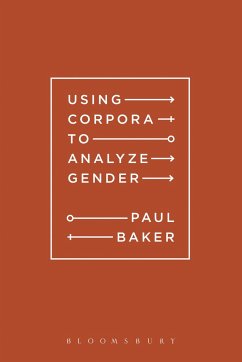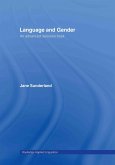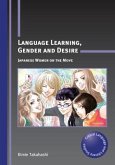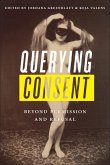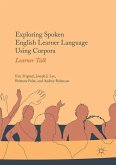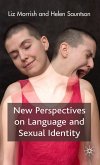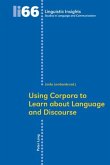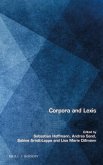Corpus linguistics uses specialist software to identify linguistic patterns in large computerised collections of text - patterns which then must be interpreted and explained by human researchers. This book critically explores how corpus linguistics techniques can help analysis of language and gender by conducting a number of case studies on topics which include: directives in spoken conversations, changes in sexist and non-sexist language use over time, personal adverts, press representation of gay men, and the ways that boys and girls are constructed through language. The book thus covers both gendered usage (e.g. how do males and females use language differently, or not, from each other), and gendered representations (e.g. in what ways are males and females written or spoken about). Additionally, the book shows ways that readers can either explore their own hypotheses, or approach the corpus from a "naïve" position, letting the data drive their analysis from the outset. The book covers a range of techniques and measures including frequencies, keywords, collocations, dispersion, word sketches, downsizing and triangulation, all in an accessible style.
Hinweis: Dieser Artikel kann nur an eine deutsche Lieferadresse ausgeliefert werden.
Hinweis: Dieser Artikel kann nur an eine deutsche Lieferadresse ausgeliefert werden.

